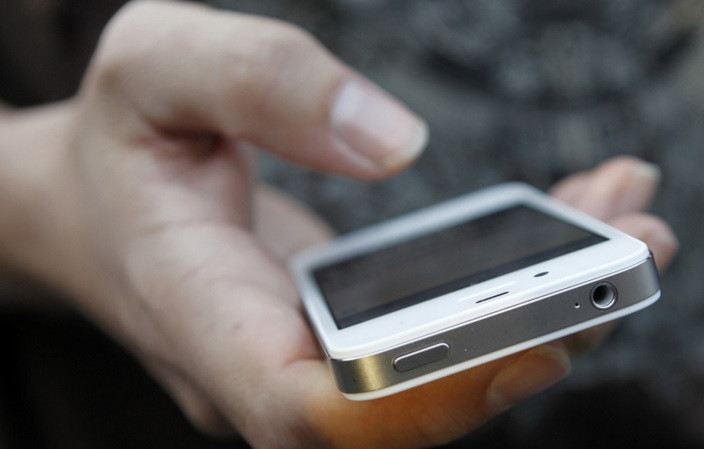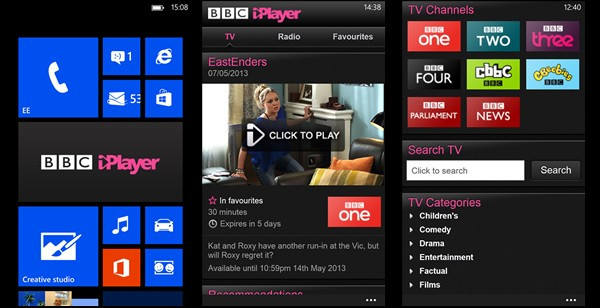Smartphone and tablet 'freeloaders' will be charged full license fee to watch BBC iPlayer

The BBC is set to force smartphone and tablet users to pay its annual £145.50 licence fee to watch its streaming services online, it has been revealed. The news comes after the broadcaster welcomed government-backed proposals to close a 'loophole' that gave viewers the ability to watch its iPlayer service without paying.
Now, viewers browsing the web on their iPhones or iPads will be caught up in new legislation that aims to quell the significant £150m-a-year losses incurred by the so-called loophole.
According to The Sunday Times, the BBC is yet to finalise plans on how the system will work but it is understood to be taking influence from popular streaming services, such as Netflix and Amazon Prime, which require a user account and password to access them. Furthermore, the corporation confirmed the changes will extend to smartphones and tablet devices.
In light of this, experts have stressed the corporation would also need to encrypt its channels, such as BBC One, BBC Two, BBC Three and BBC Four, to prevent pirates circumventing security protocols and accessing the online broadcasts for free.

Last week, UK Culture Secretary John Whittingdale said the license fee will be changed to include the iPlayer's catch-up services "as soon as practicable".
"I will be bringing forward, as soon as practicable, secondary legislation which will extend the current TV licensing regime not only to cover those watching the BBC live, but also those watching the BBC on catch-up through the iPlayer," he said at the Oxford Media Convention on 2 March.
He added: "When the licence fee was invented, video on demand did not exist… The BBC works on the basis that all who watch it pay for it. Giving a free ride to those who enjoy Sherlock or Bake Off an hour, a day or a week after they are broadcast was never intended and is wrong."
Following the statement, a spokesperson for the BBC said: "We are happy to have reached an agreement with the secretary of state on how to close the iPlayer loophole. Its swift closure will help give the BBC funding certainty."
BBC's battle with the future
In the current digital era, where subscription services reign supreme, the traditional structure of the BBC has struggled to keep up with the pace of change. Last year, the broadcaster slashed 1,000 jobs in order to save £50m ($78.1m).
Lord Tony Hall, director-general of the BBC, said at the time: "A simpler, leaner BBC is the right thing to do and it can also help us meet the financial challenges we face. We've already significantly cut the costs of running the BBC, but in times of very tough choices we need to focus on what really matters – delivering outstanding programmes and content for all our audiences."
BBC Three was recently taken off the air and made an online-only service, accessible only through the iPlayer service, as part of the savings. The channel has dropped the TV service structure to focus on social content including short videos, blogs and picture-focused stories.
© Copyright IBTimes 2025. All rights reserved.




















